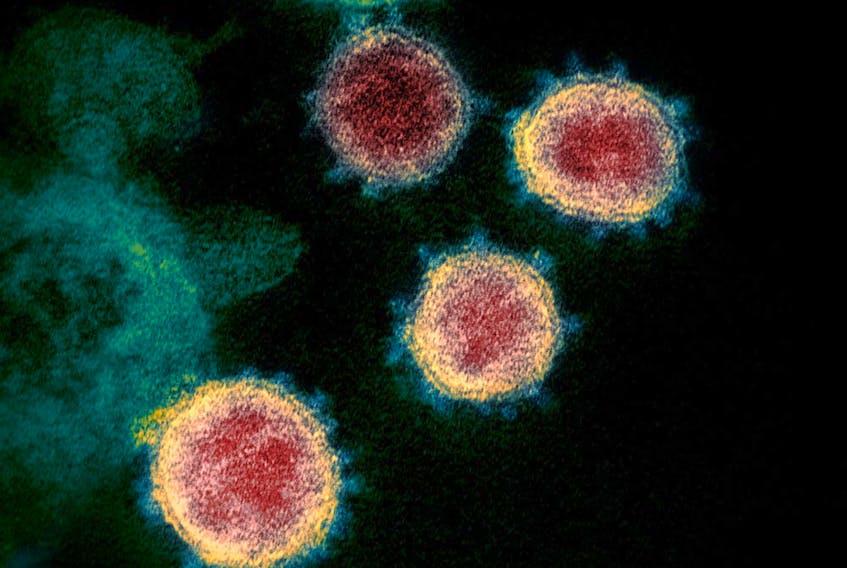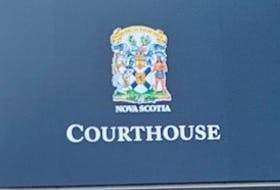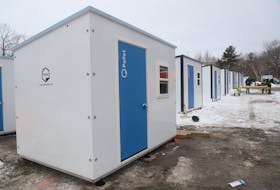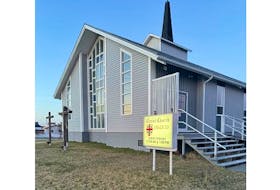Nova Scotia reported no new COVID-19 cases after 975 tests were done Wednesday.
The number of active cases in the province is now four, down by one compared to yesterday, the Health Department said in a news release Thursday.
To date, Nova Scotia has had 106,965 negative test results, 1,097 positives, 1,028 resolved cases and 65 deaths. No one is in hospital.
New Brunswick reported three new COVID-19 cases on Thursday, bringing its total to 81 active cases. The province tightened restrictions in the Campbellton region, where most of the active cases are located.
In an advisory late Thursday afternoon, Dr. Robert Strang, Nova Scotia's chief medical officer of health, recommended residents avoid unnecessary travel to the Campbellton-Restigouche area.
Prince Edward Island last reported a new case two days ago. The government's website does not include information on active cases.
Newfoundland and Labrador reported one new case Thursday for a total of nine active cases.
Anyone who is experiencing or has experienced within the last 48 hours one of the following symptoms should visit https://covid-self-assessment.novascotia.ca for a self-assessment:
- new or worsening cough
- fever (i.e. chills or sweats)
People should also visit the website if they are experiencing two or more of the following symptoms (new or worsening):
- sore throat
- runny nose or nasal congestion
- headache
- shortness of breath
People can also call 811 if they can't access the website or if they wish to speak to a nurse. Anyone experiencing symptoms should self-isolate until they receive advice from Public Health on what to do next.









